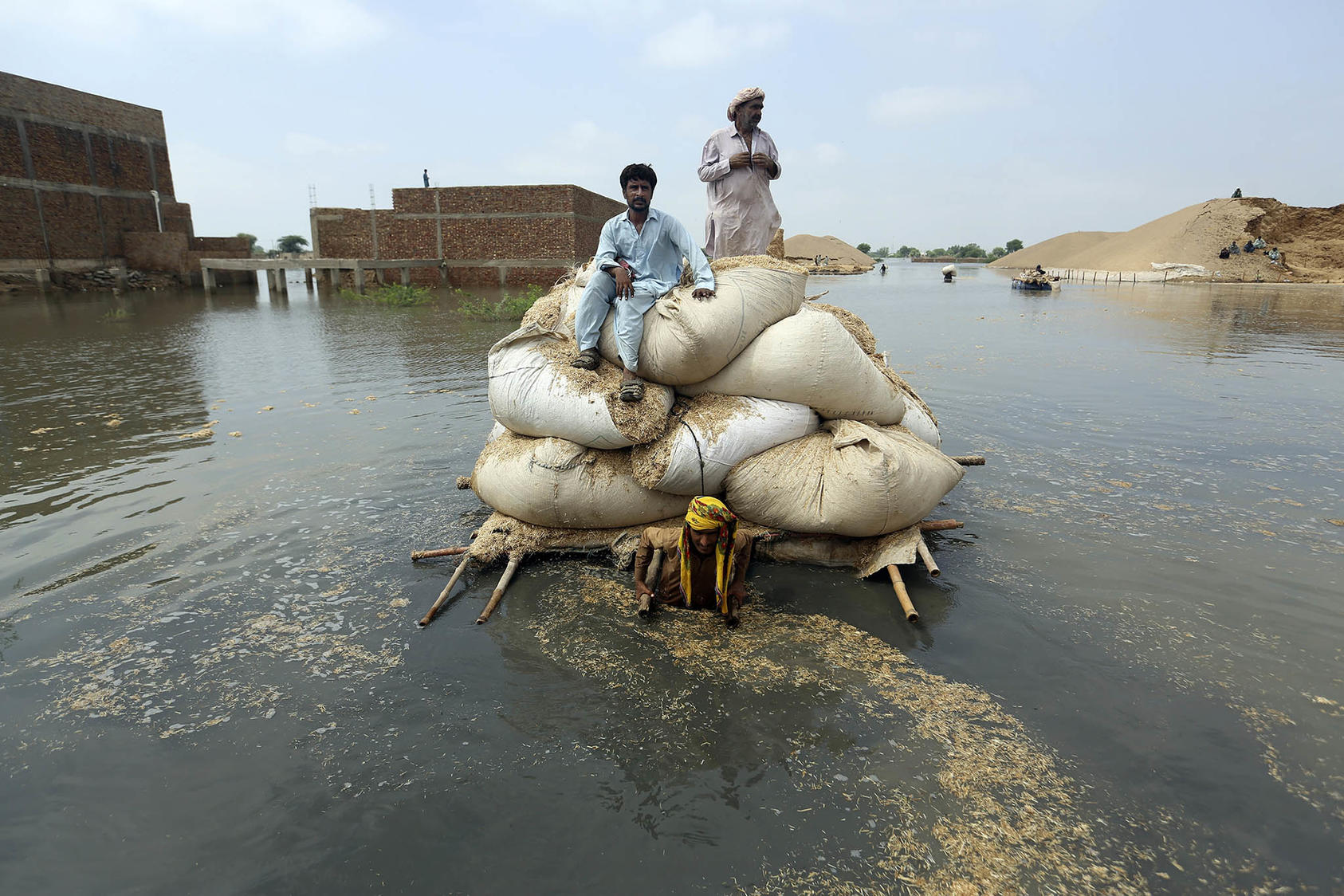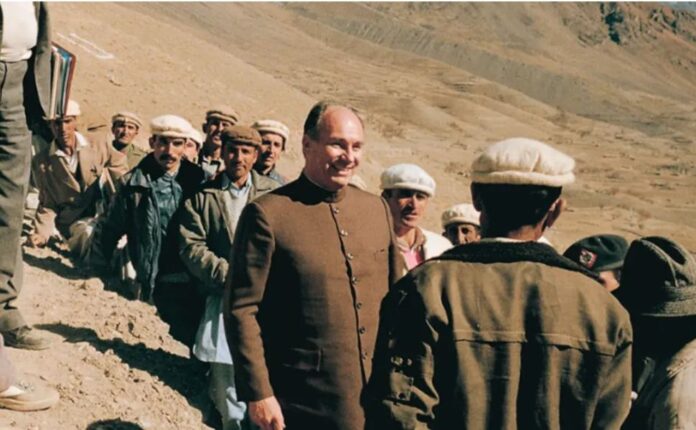Rehmat Shimshali
One of the most important characteristics of humans is the desire to survive. The process is so complex that we occasionally mix up our means of survival and adopt methods that assist us on one hand but progressively kill us on the other. Large scales and numbers have the greatest influence on human psychology and thinking. Humans always count benefits and losses in monetary terms and disregard anything that is not counted in monetary terms. Consider the efforts undertaken, particularly in the global north, to improve living standards and economic benefits, where we are told that this is development, yet the same developmental means endangers not only the lives of the global north but also the poor. According to the analysis, global warming will continue to rise in the short future (2021-2040), owing primarily to higher cumulative CO2 emissions. The industrialized Global North accounts for 90% of excess emissions. They may gain the benefits of industrialization, but the severe environmental consequences overwhelm the global south, underdeveloped, and poor countries. Temperatures are rising, and heatwaves, irregular weather patterns, GLOFs, floods, and droughts are becoming more extreme and frequent. These climate-related calamities have devastating consequences for underprivileged nations and regions that rely on agriculture and natural resources for survival. Climate change offers significant problems to the physical environment, but it is also presented as a risk multiplier, increasing the probability of poverty, inequality, and violent conflict. Climate-induced migrations and scarcity of resources are putting enormous burden on vulnerable communities and posing severe security concerns. Pakistan accounts for less than 1% of global greenhouse gas emissions yet is one of the top ten susceptible and climate-affected countries. In 2022, Pakistan witnessed one of the worst floods in recorded history, causing significant damage to the country’s infrastructure, economy, and livelihoods. The floods flooded one-third of the country, displaced around 8 million people, and affected 33 million people. According to the PDNA re-report assessment, total damages will surpass USD 14.9 billion, with total economic losses estimated to be about USD 15.2 billion. The expected rehabilitation and reconstruction needs are at least USD 16.3 billion, with as high. The total damage is anticipated to be 4.8% of FY22 gross domestic product. Political and financial instability, as well as climate-related disasters, increase the country’s vulnerability to socioeconomic imbalances and the disastrous effects of climate change. These concerns have the potential to create climate-related conflict over resources such as water, food, and sources of livelihood. Pakistan has one of the world’s youngest populations. More than 64% of Pakistan’s population is under the age of 30.
This dividend is becoming a ticking time bomb due to a lack of work possibilities, social involvement, poor and uneven education and health facilities, social inequities, and, most recently, climate change and related calamities.
There is an urgent need to develop a comprehensive plan for engaging youngsters in the battle against climate change and caused catastrophes. To avert the formation of hostility and conflict, the government must give equal access to health, education, and livelihood, as well as address youth and marginalized communities’ feelings of deprivation. The community’s resilience to climate change and caused calamities is critical. A country cannot resist climate change, natural disasters, or conflict until its people are resilient.
However, people’s resistance to climate change, climate-related disasters, and climate-related conflicts is strongly dependent on government policies, livelihood sources, sustainable infrastructure, and, most crucially, public awareness about climate change. The communities living on the country’s outskirts rely on their ancestral lands for their livelihood. The majority of these populations rely on subsistence farming. Most development efforts overlook their rights, wants, and demands, leading to an increase in animosity among the people. Some of our policies and techniques that can have an impact on community resilience, such as mining and conservation policies, must be reconsidered.
Both policies fail to consider the informed consent and input of the communities.







